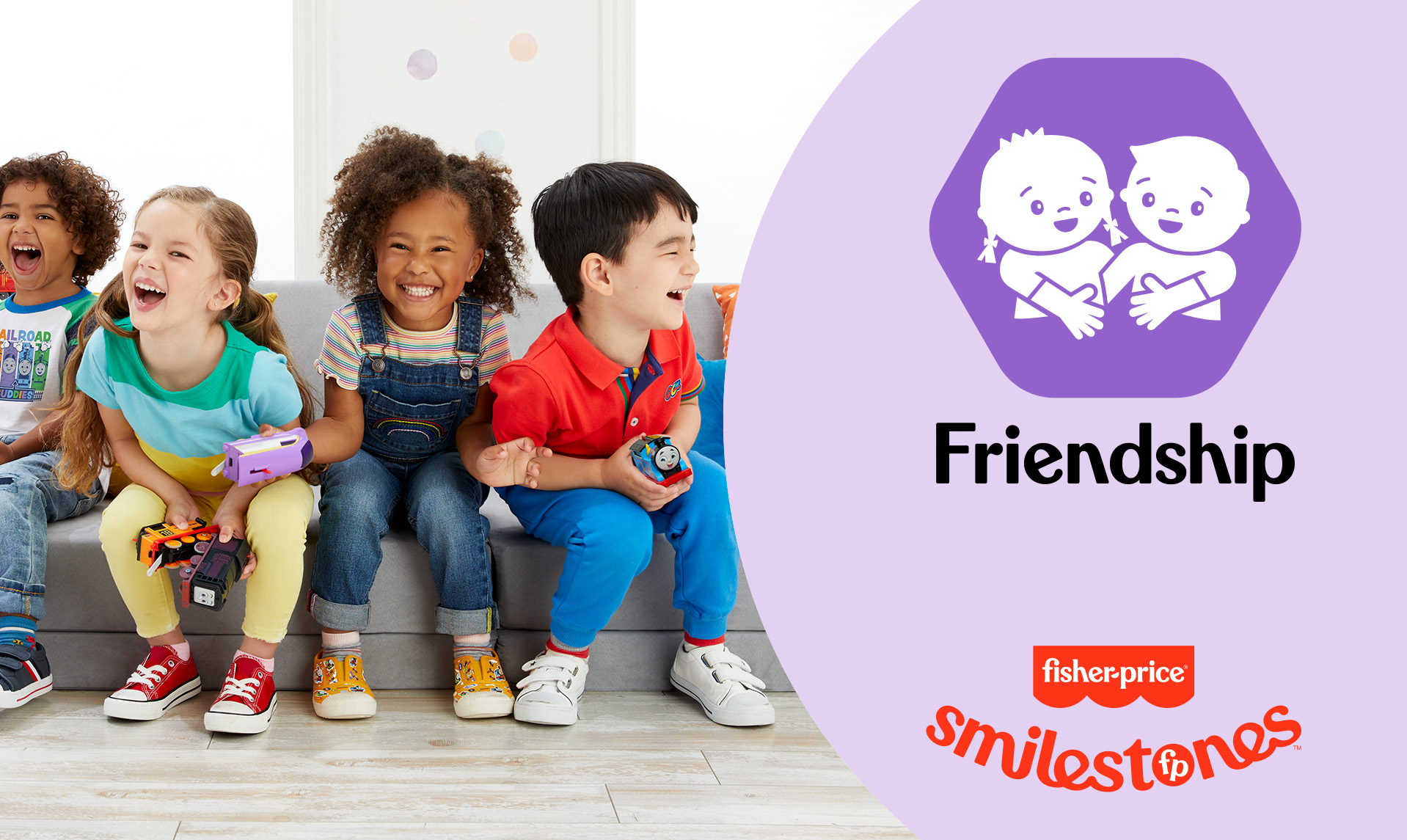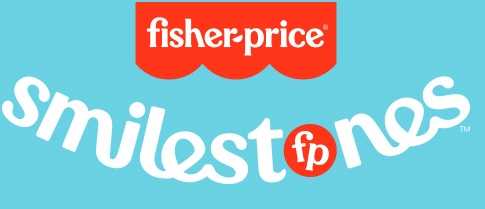Unexpected Playdate Tips that Change the Friendship Game!
June 16, 2023

Your kiddo is exploring friendships... and navigating this side of parenting can be so exciting, but it doesn’t come without challenges! In my 10+ years of experience as a preschool teacher and in researching play-based learning, I’ve gathered a handful of game-changing hacks that can help you and your little one navigate these friendship skills and have enjoyable playdates. Let’s get into it!

Wondering how to set your kid up for playdate success or why it matters?
Exploring the nuances of friendship can be tough for us all, so just imagine being so little and trying to figure it out! Around the age of 3 ½ , your child may start to express an interest in playing with, rather than just near other kids. Let’s break down the power of playdates and discuss why this is the perfect age to work on friendship making skills & tools that can be used in so many different ways!
There is something so magical about watching 2 or 3 kiddos play and explore on their own. If you haven’t tried it, I highly recommend just stepping back and watching them in action. Playdates allow you to observe & support your child’s existing set of skills, which helps you see their amazing strengths but also discover areas where they might need some additional guidance.
Real talk for a second. Every child I’ve worked with has needed some help to learn and practice friendship skills. Just like riding a bike, learning how to make and keep friends is a skillset that needs to be taught and practiced over time! When we think about friendship in this way, it helps us set up our children for success when it comes to our own expectations of their behavior. Here are some quick things you can think about when observing your child during a playdate:
- How are they playing?
- What kind of language are they using?
- Do they seem happy & comfortable when you give them some space around their friends?
Asking yourself these types of questions can help you gauge what friendship skills your child has, and helps you find opportunities to guide their friendships to the next level.

The hack breakdown
After being a preschool teacher and studying play for so many years, I’ve learned that setting up the perfect play date can start even before the friends arrive.

1. Create the context.
Not all toys are created equal, so when you start planning out your child’s playdates, think about what toys are around your playroom. Can multiple children use these toys at once? Are these toys encouraging competitive or cooperative play? For example, train tracks create both a large amount of space for children to spread out around, while also setting up a storytelling scenario where they can work together.

2. Bring the bubbles!
One of the universal bringers of joy, bubbles can instantly lighten a mood and bring a smile to everyone’s face. Keeping some in your bag or in the car is the perfect playground hack because it instantly gives kids something to enjoy. Even better, bubbles are engaging across age groups, so you're almost guaranteed to draw over at least one friend no matter where you are!

3. Music moves us all.
Although it seems like a no-brainer, I was completely floored to see how music & curated playlists can bring children together, even if they aren’t friends yet! To make your playlist a bop, think about super common songs that most kids know and love, especially ones that describe the movements for them! 🎶🎶

4. Give them the words they need.
Giving preschoolers the exact words to repeat can be so powerful and helpful for them. Some of my personal favorite phrases are:
Can I have a turn when you’re done?
I have a different idea of how we can play!
Reminding preschoolers of phrases like this helps them navigate those tricky conflicts where they might feel confused about what to say next. For extra support, playing out familiar scenarios with toy figures & trying some friendship phrases before a playdate helps to boost everyone’s confidence, while also encouraging discussion & practice between you and your child before the real thing!

5. Customize those compliments.
This one is great because it’s unexpected and pays off for years to come! Pointing out how compliments make others feel is a great way to connect with your child, highlighting how much fun it can be to make others feel special😊 Want an insider tip? Little kids LOVE it when compliments relate to them being super-fast, creative, strong, or brave!


Friendship skills timeline + ages
These friendship skills & behaviors are some examples of what you could expect to see as your preschooler grows.

3.5-5 years May begin to show empathy and start developing true friendships

4-5 years May begin to care about or notice what friends think

4-5 years May call someone their "best friend(s)"

4-5 years Will likely imitate the way a caregiver interacts with other people

5+ years Might become more selective in friends




Grown-up check-in
Hey, how are things? Hanging in there?
Deep breaths. They’re getting older, and things are getting more complicated, but guess what?
You’re reading this, which means you’re doing your best to give them the best, and that rocks!
Give yourself some serious kudos, have a yummy snack, or even call a friend (did you know that appreciating your own friends is a great strategy to model for your little one? Yes, you read that right… catching up with your friends = strategic parenting move, win-win!).
Gentle reminder: If you ever have concerns about your child’s development, trust your gut and reach out to your pediatrician.”

Bringing a smile to milestones.
Say hello to happier parenting. At Fisher-Price, we’re here to help you celebrate the little victories, let go of expectations, and pick up more positivity. Because after more than 90 years of helping families, we’ve learned every child learns in their own way – at their own pace. That’s the beauty of the Smilestones approach. It’s about finding the joy in every stage (big and small) for every kid.
Learn More






































